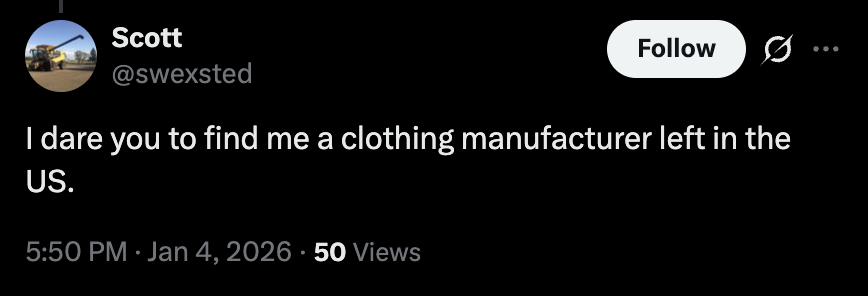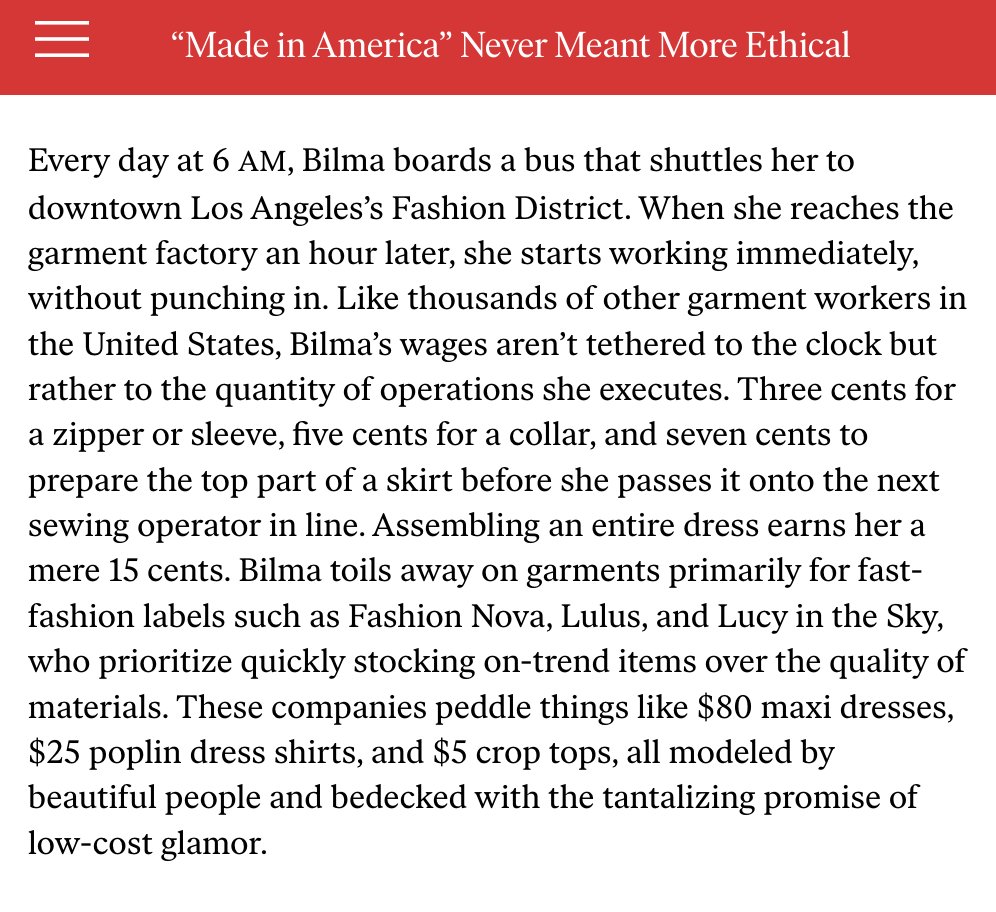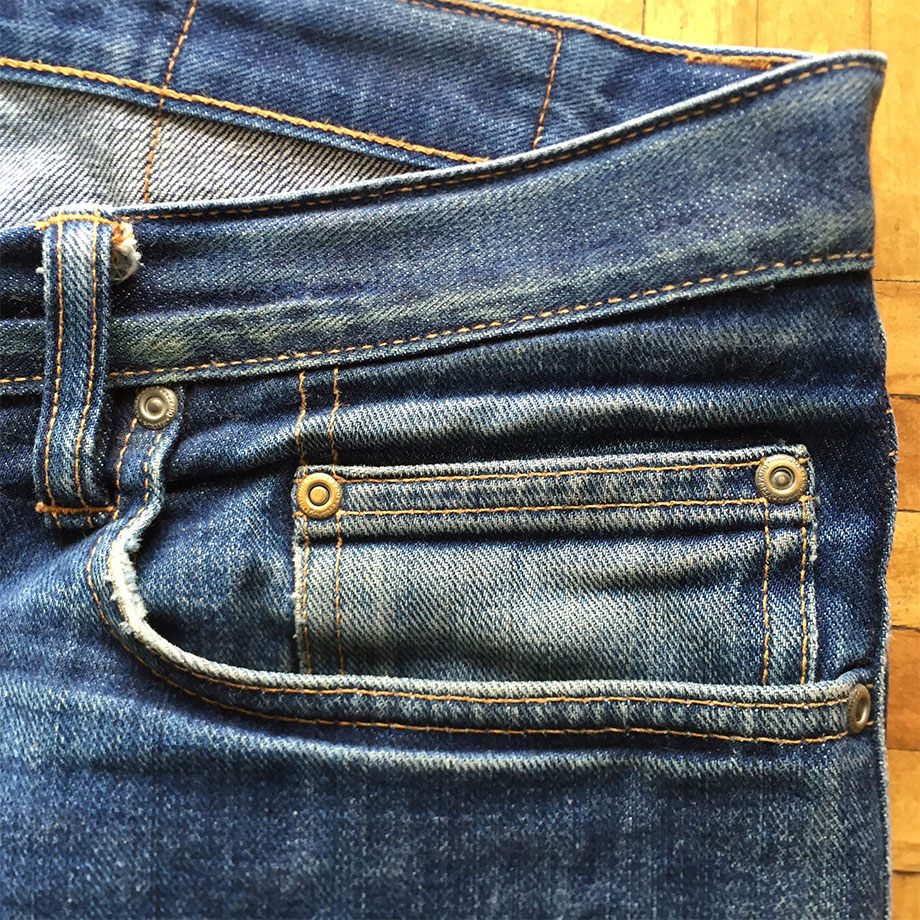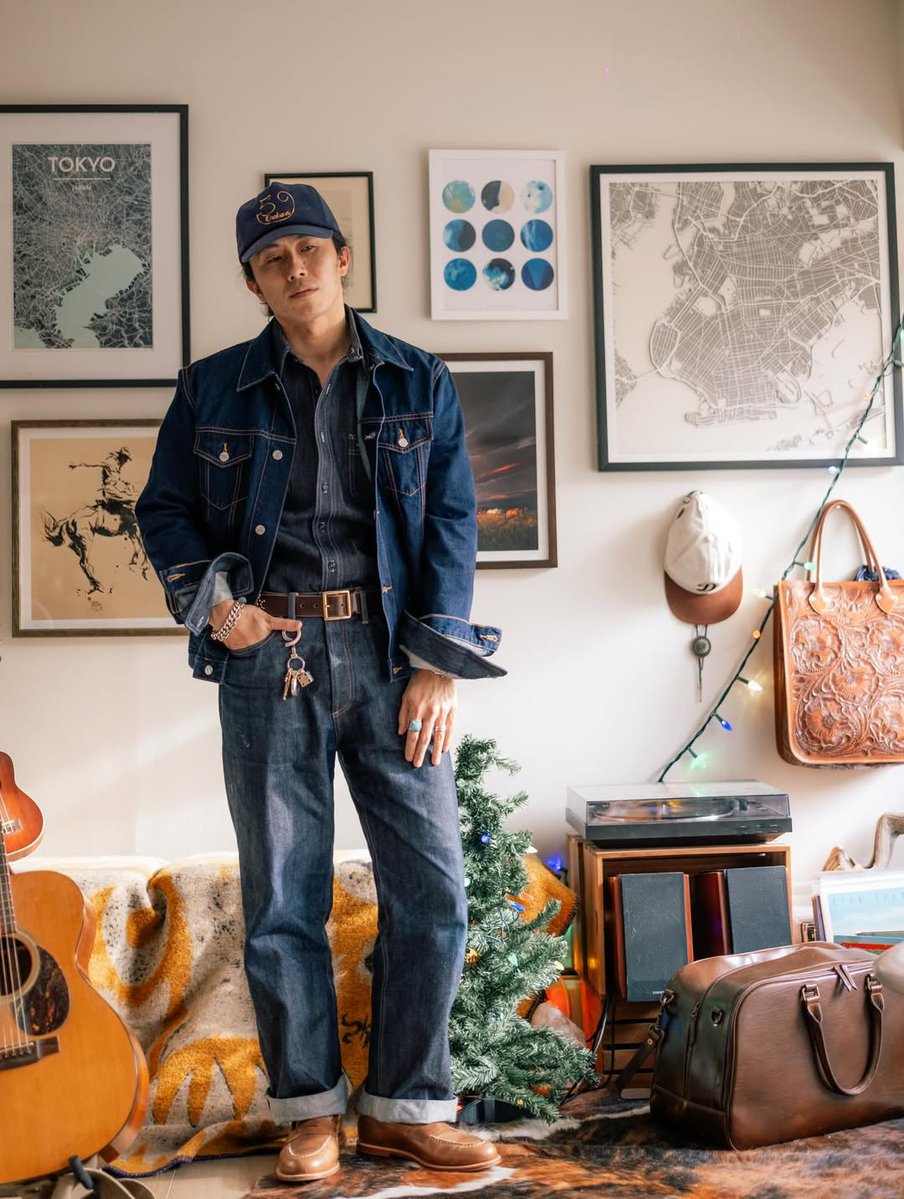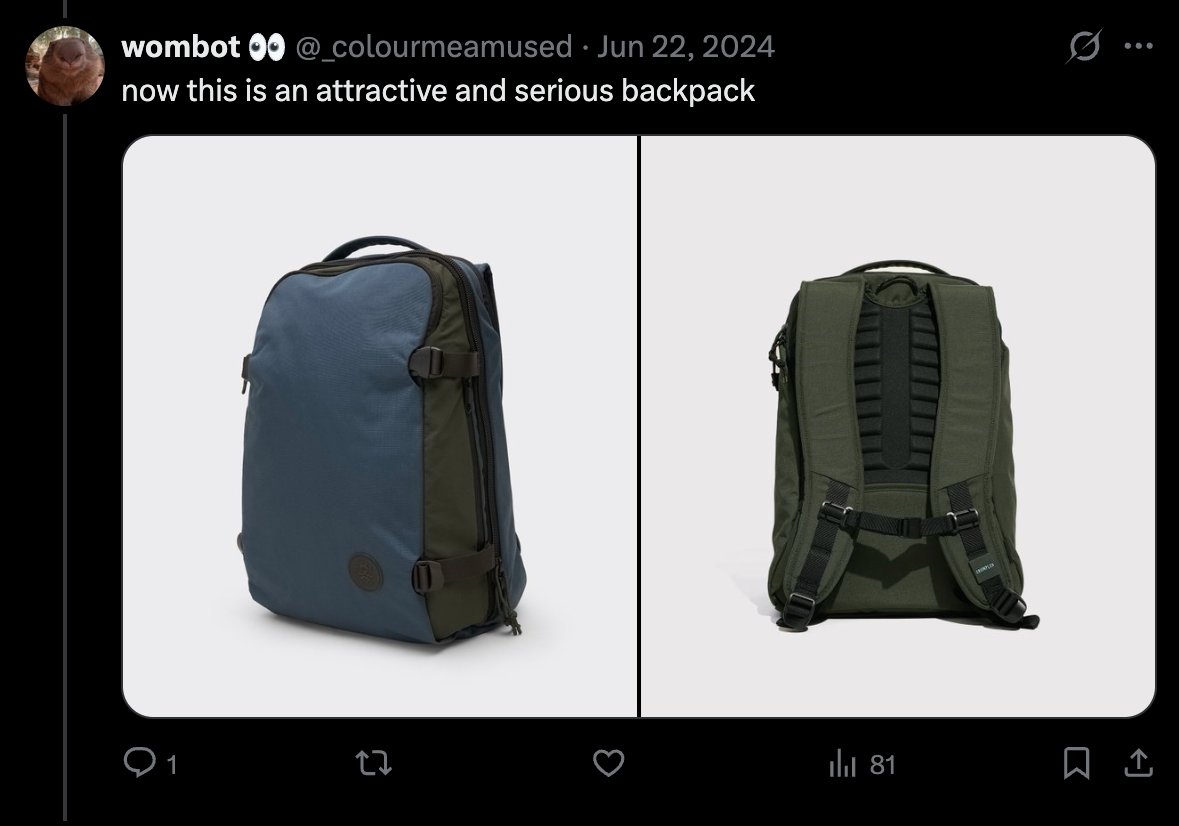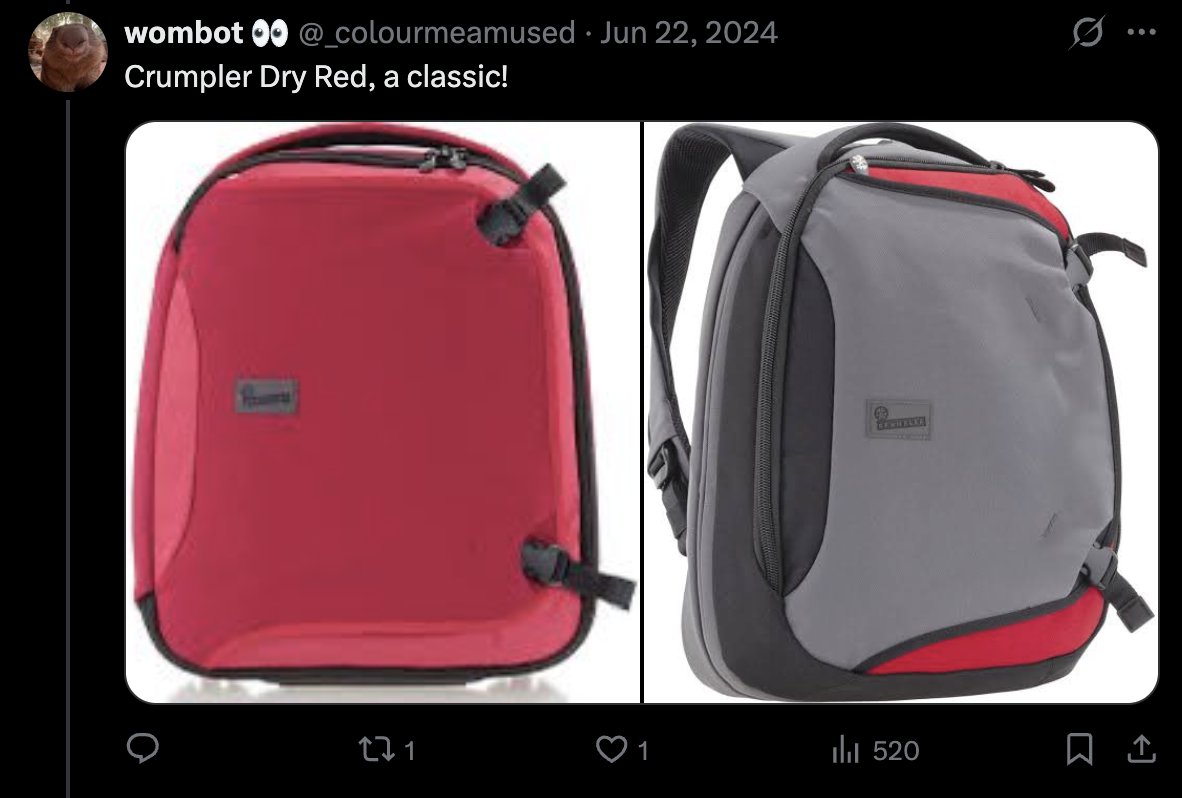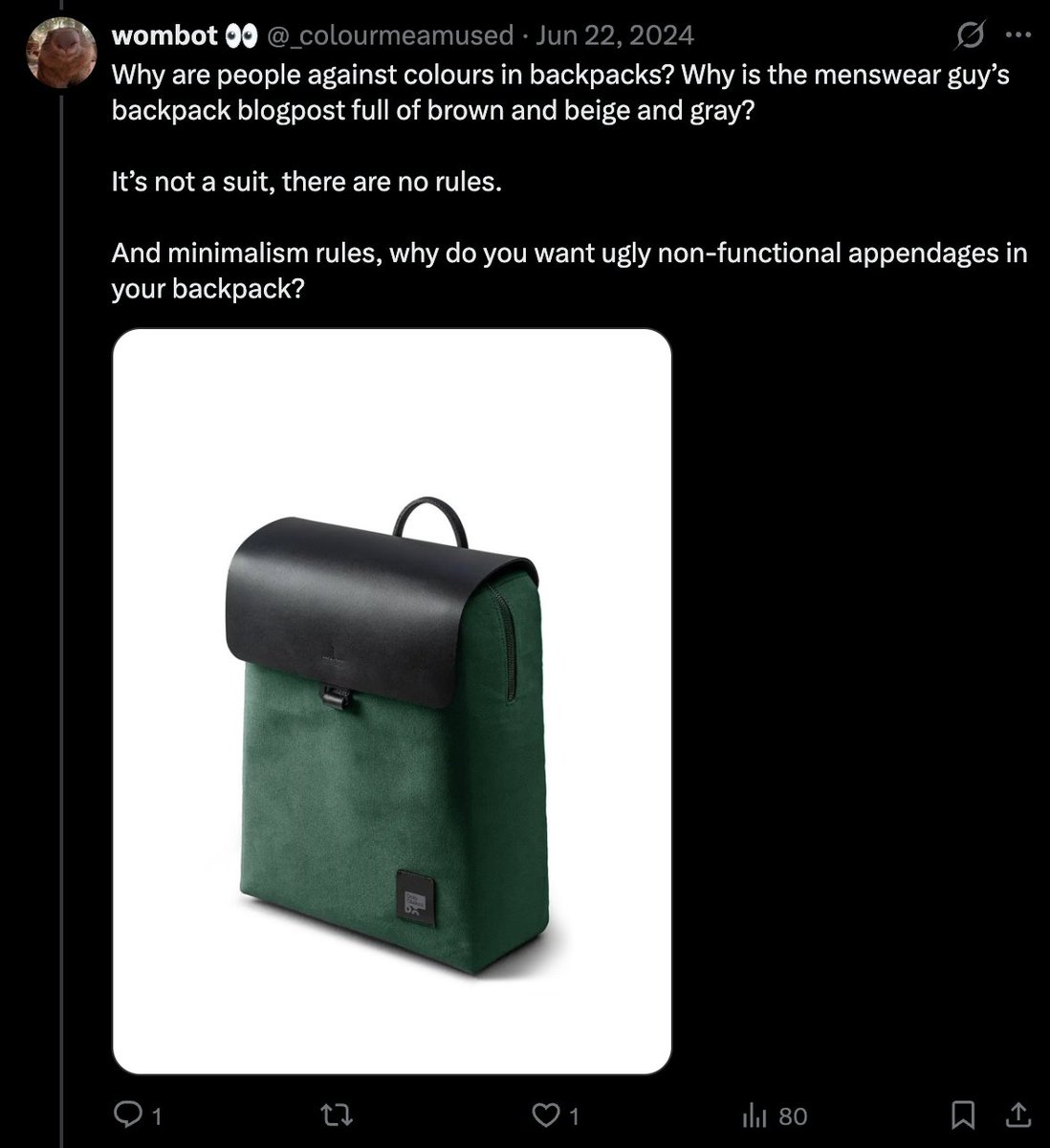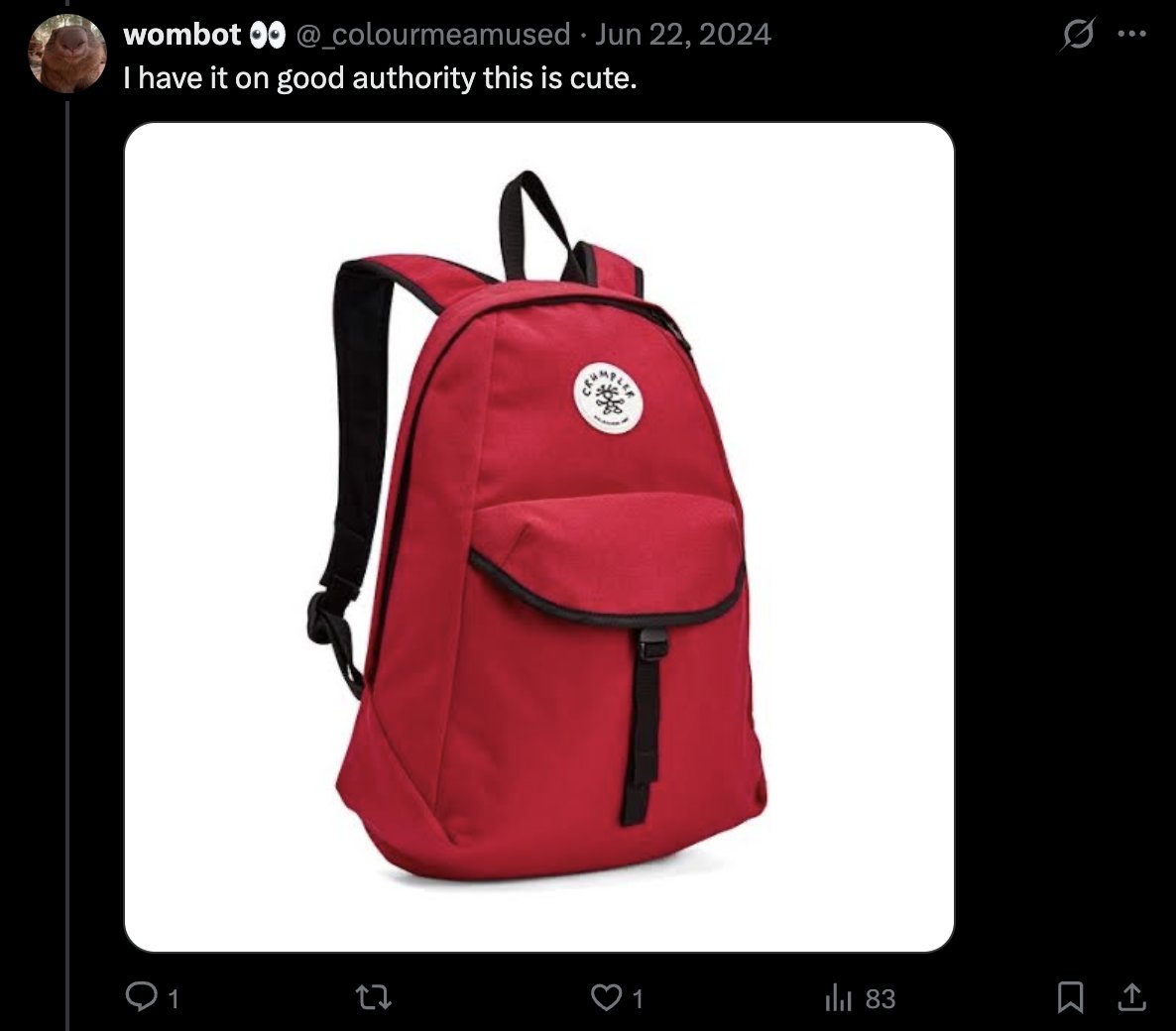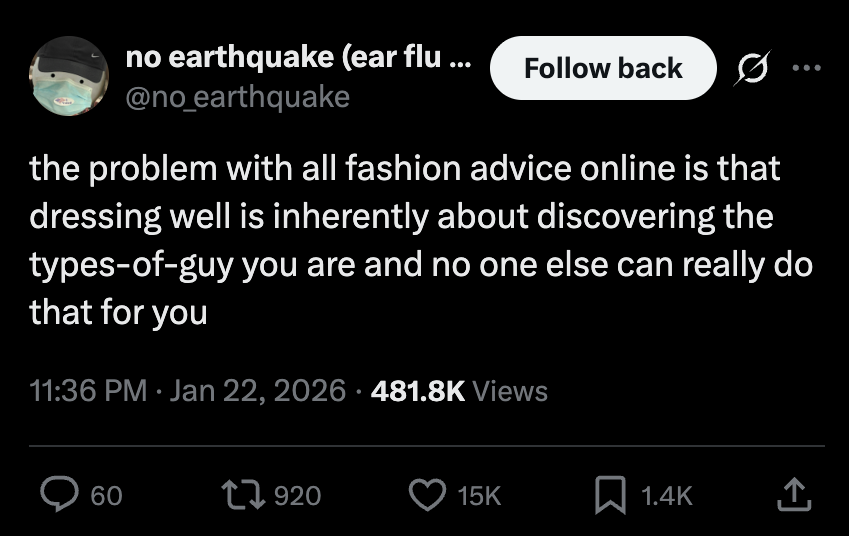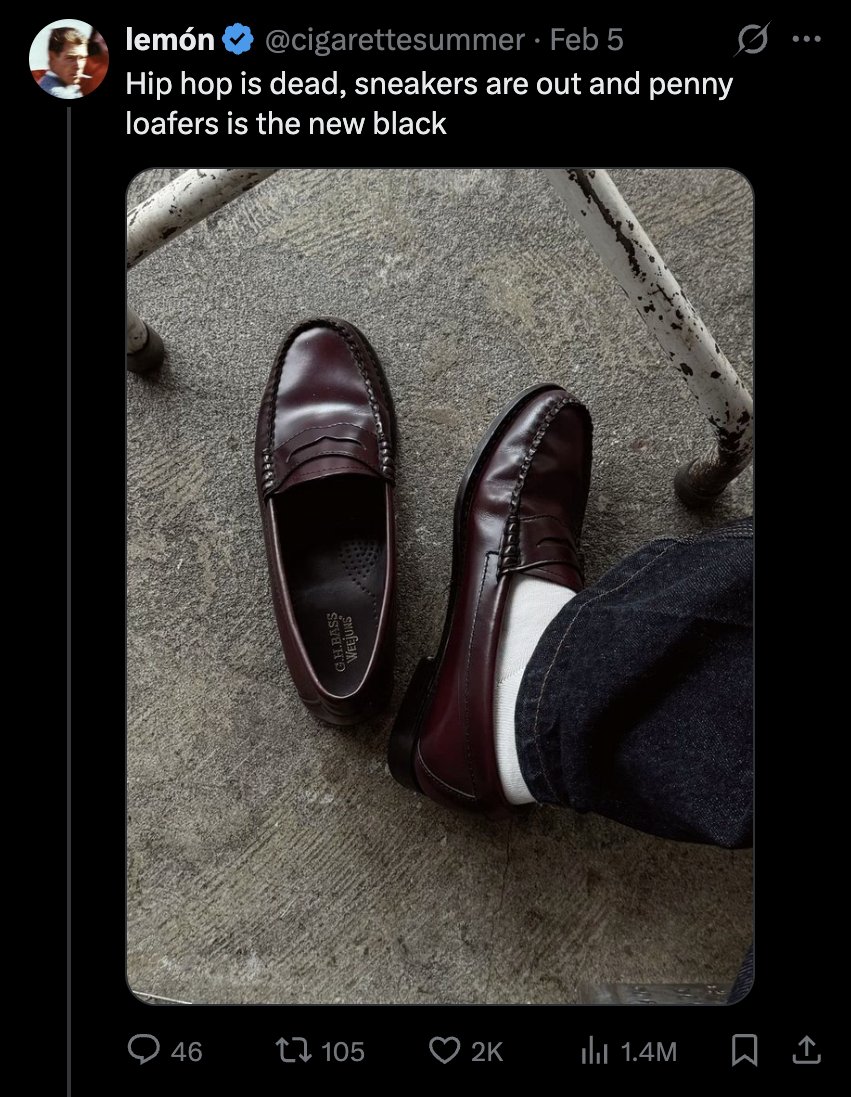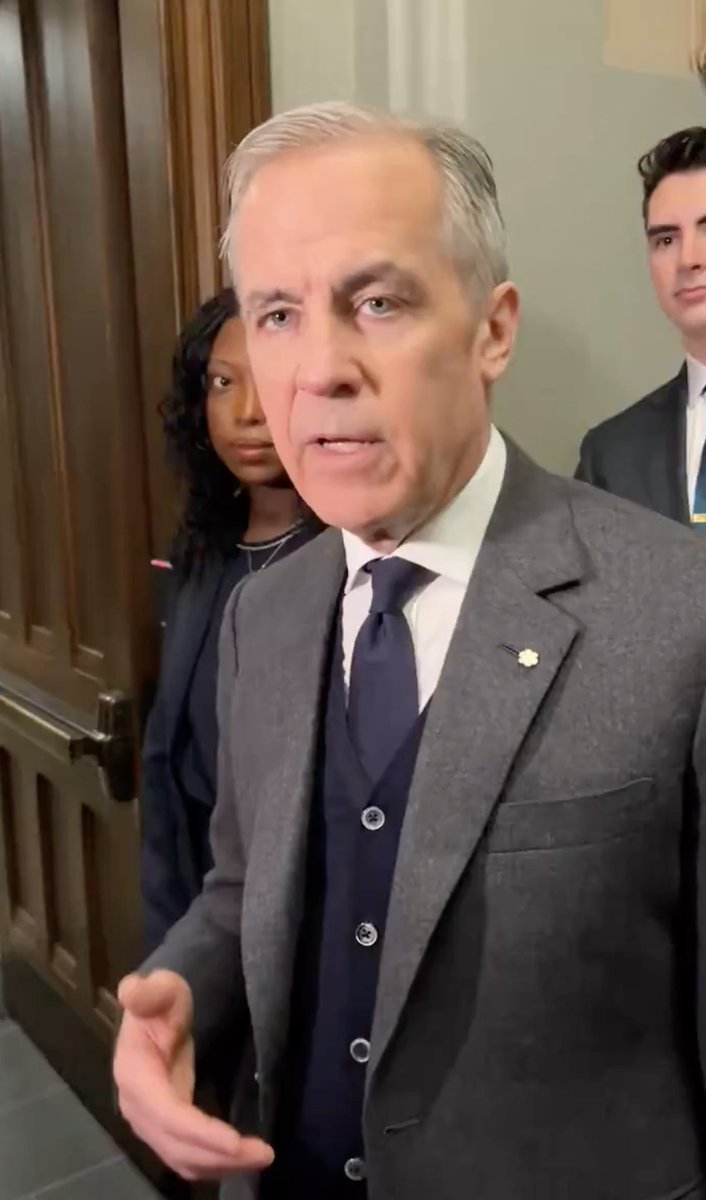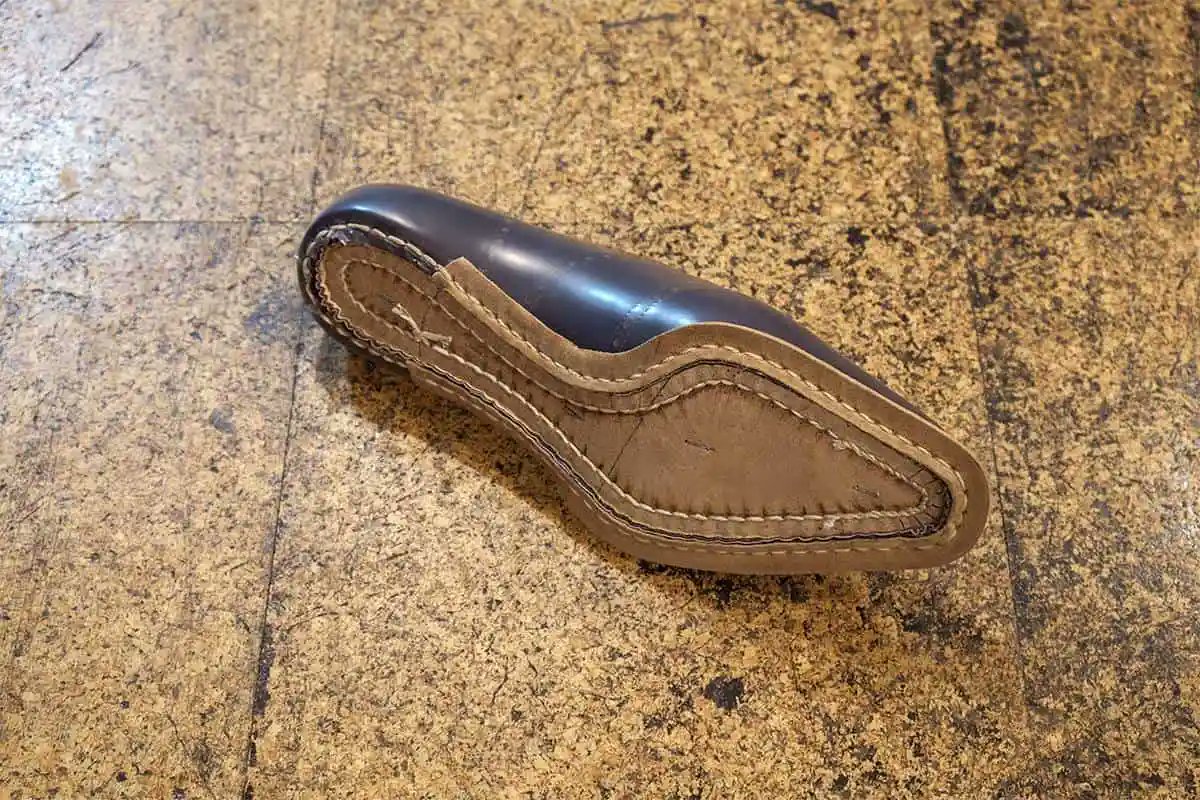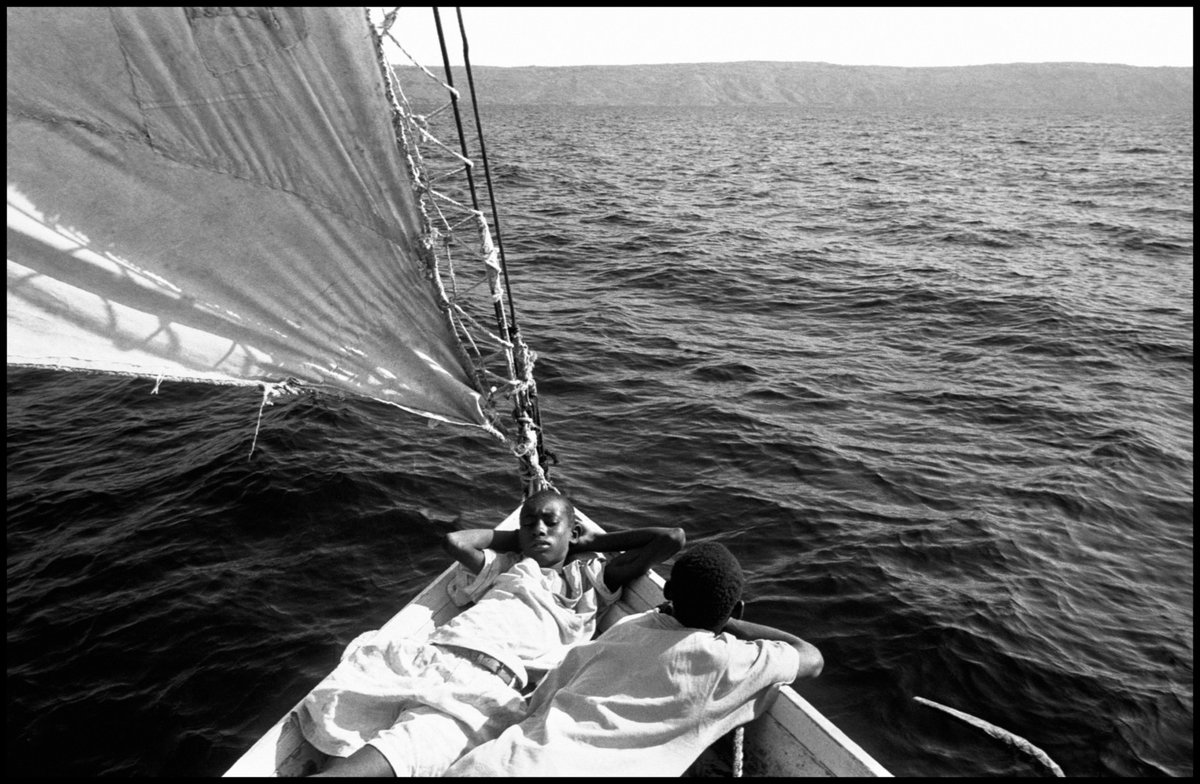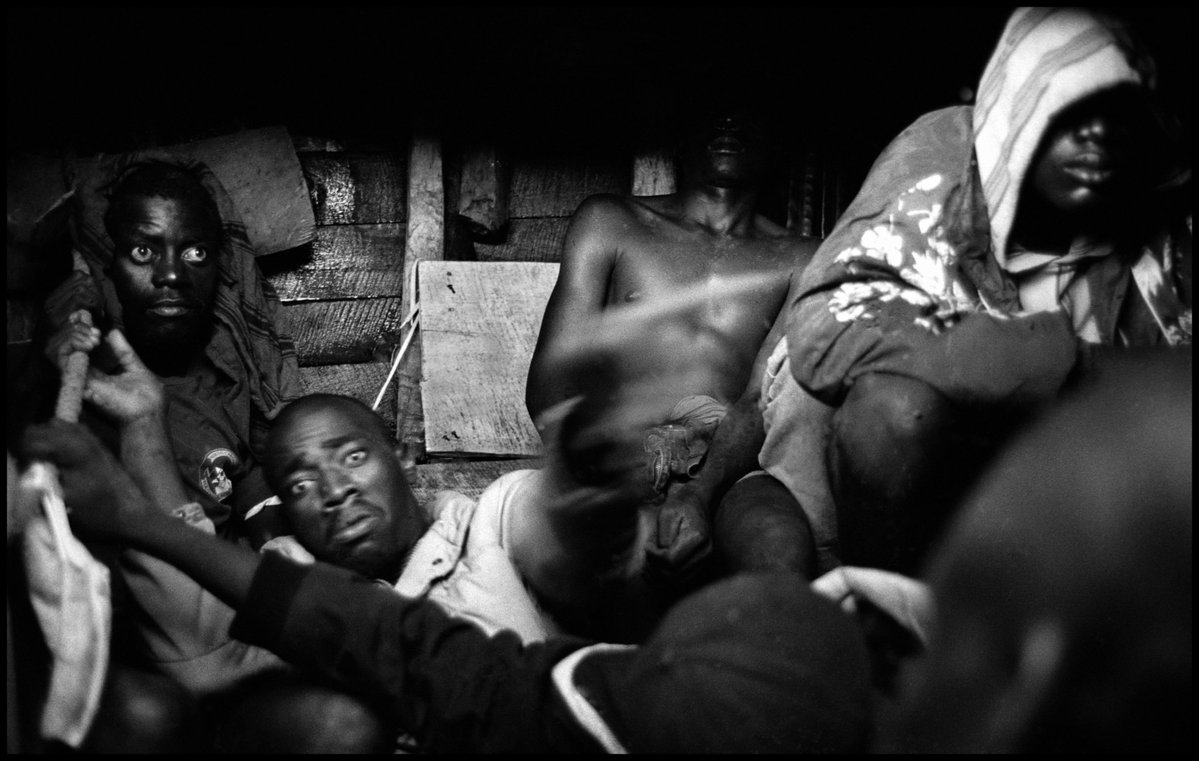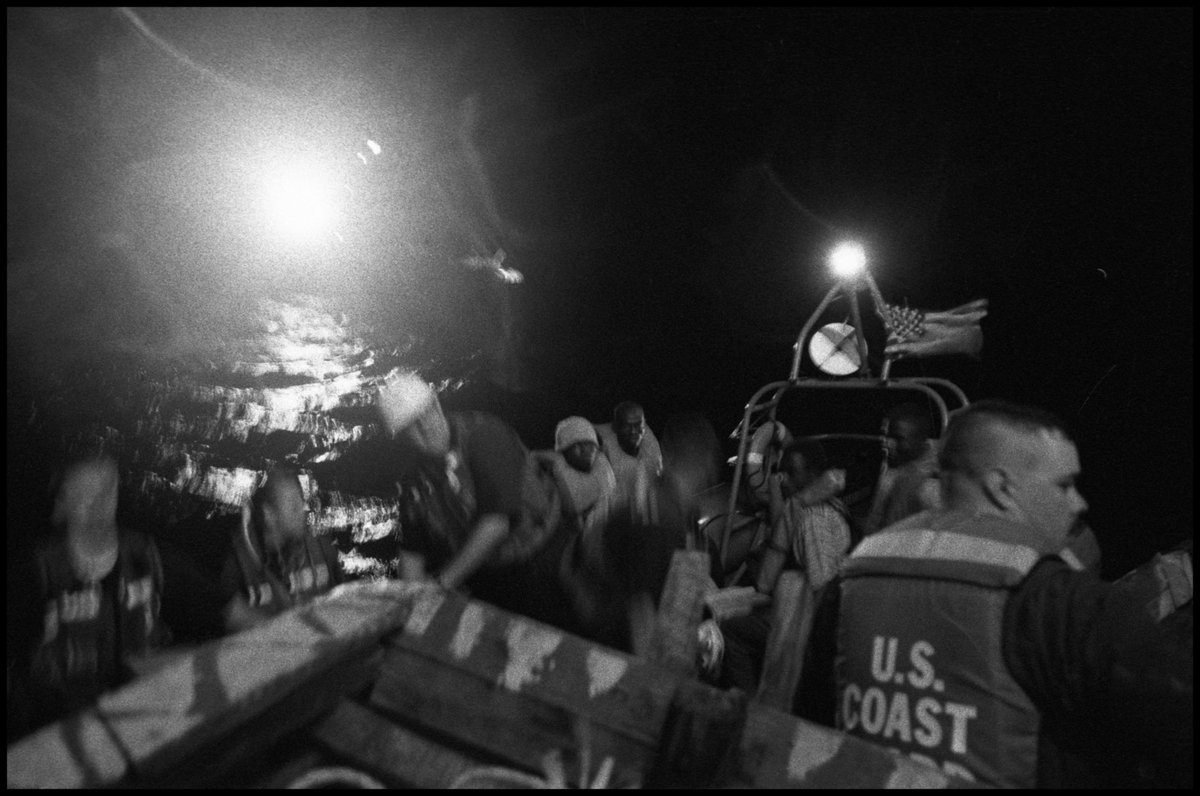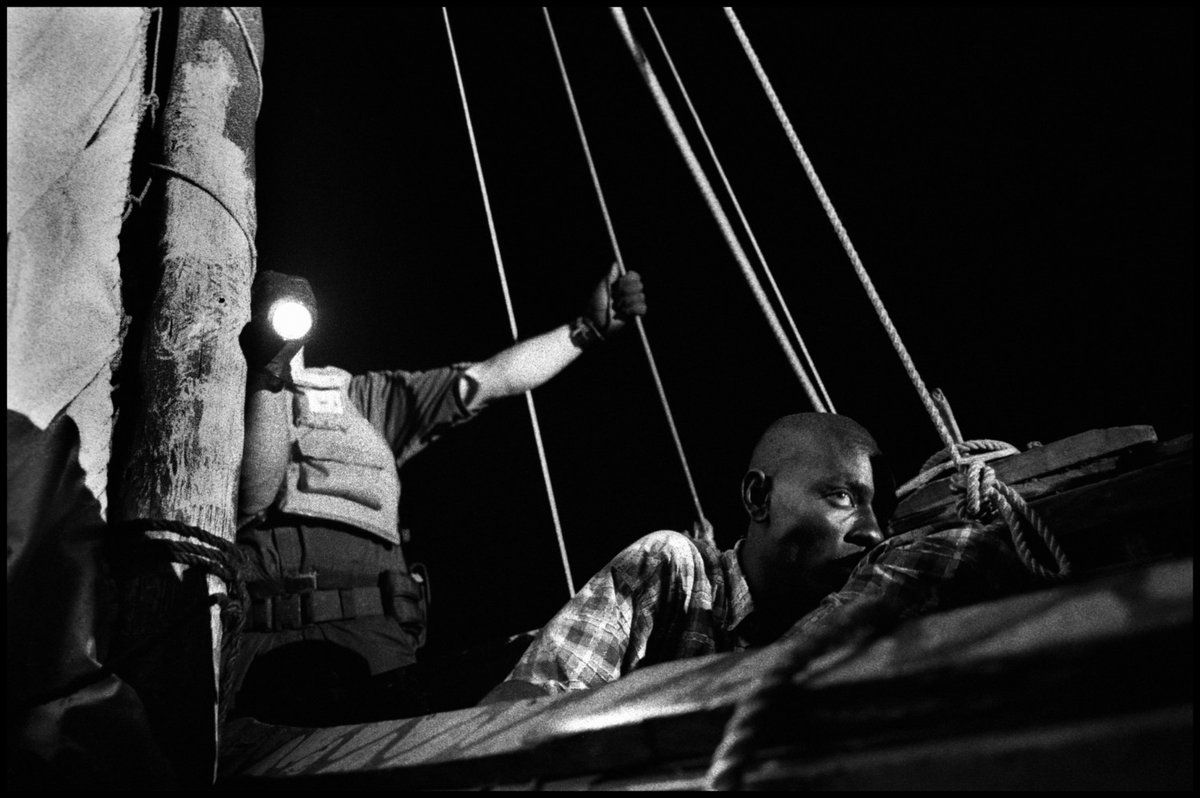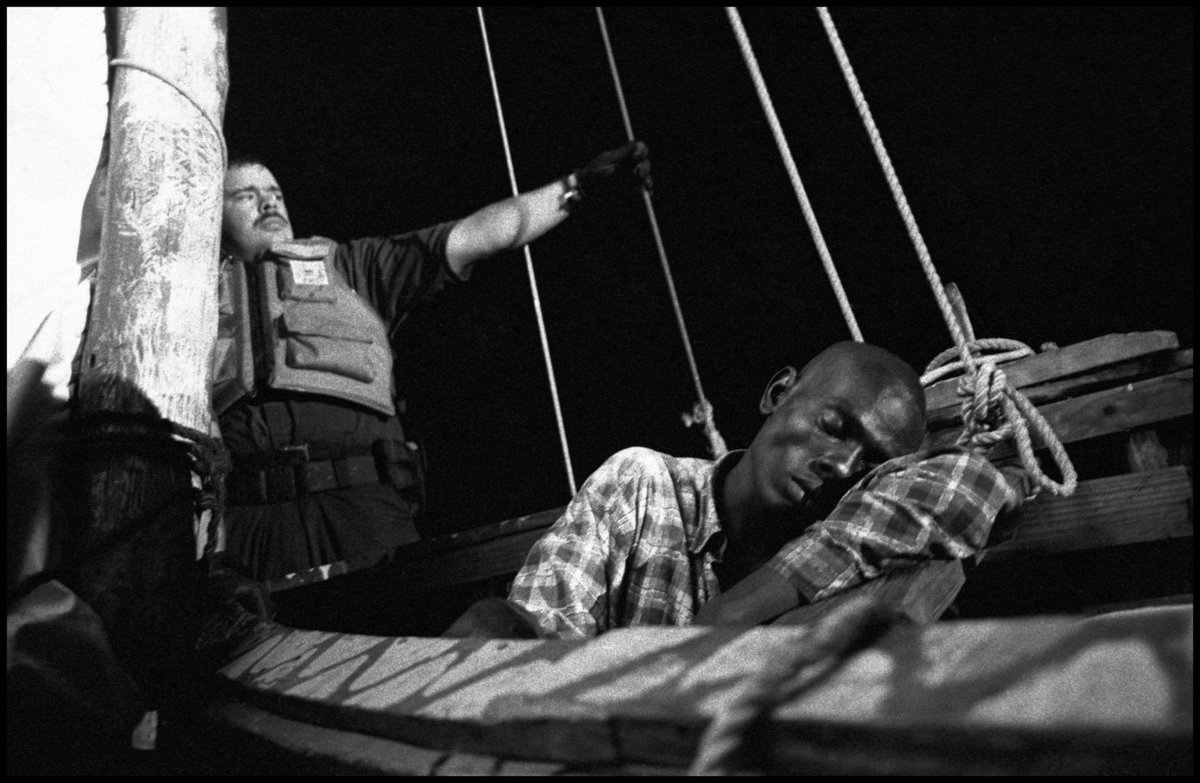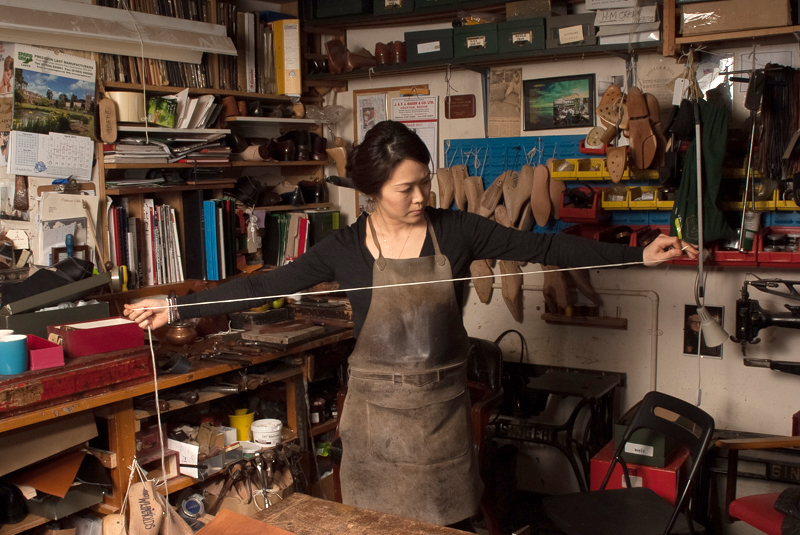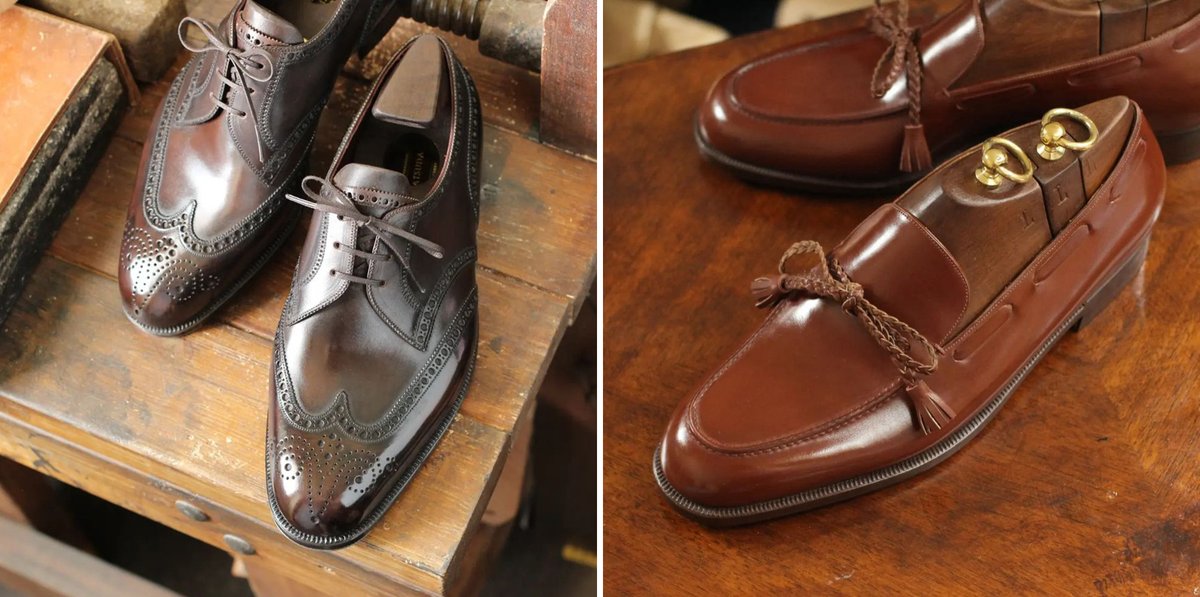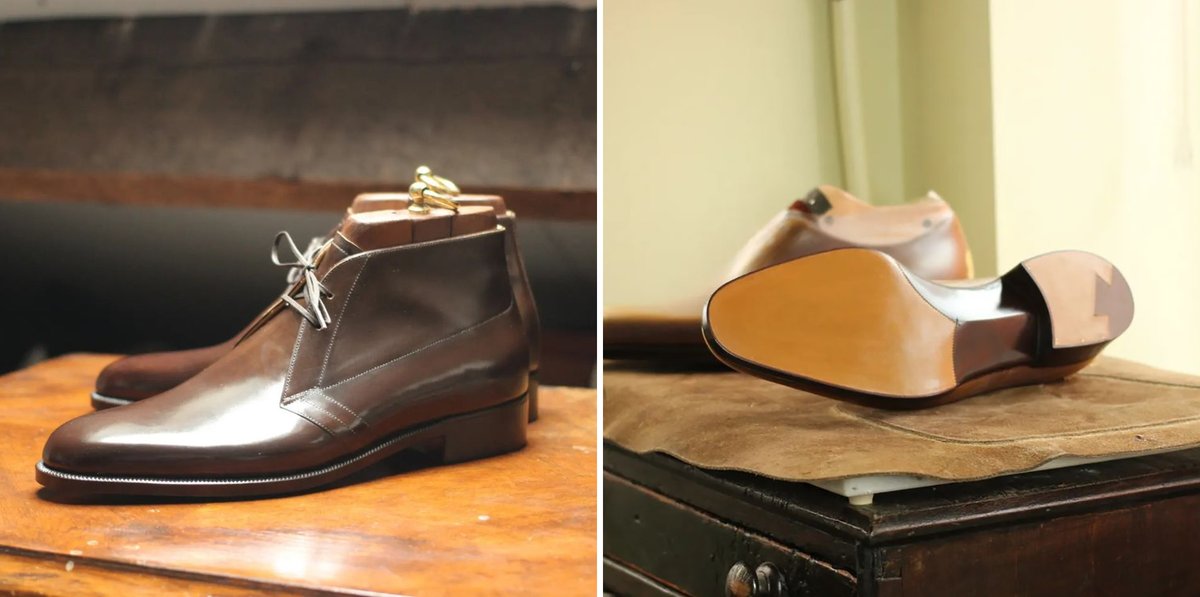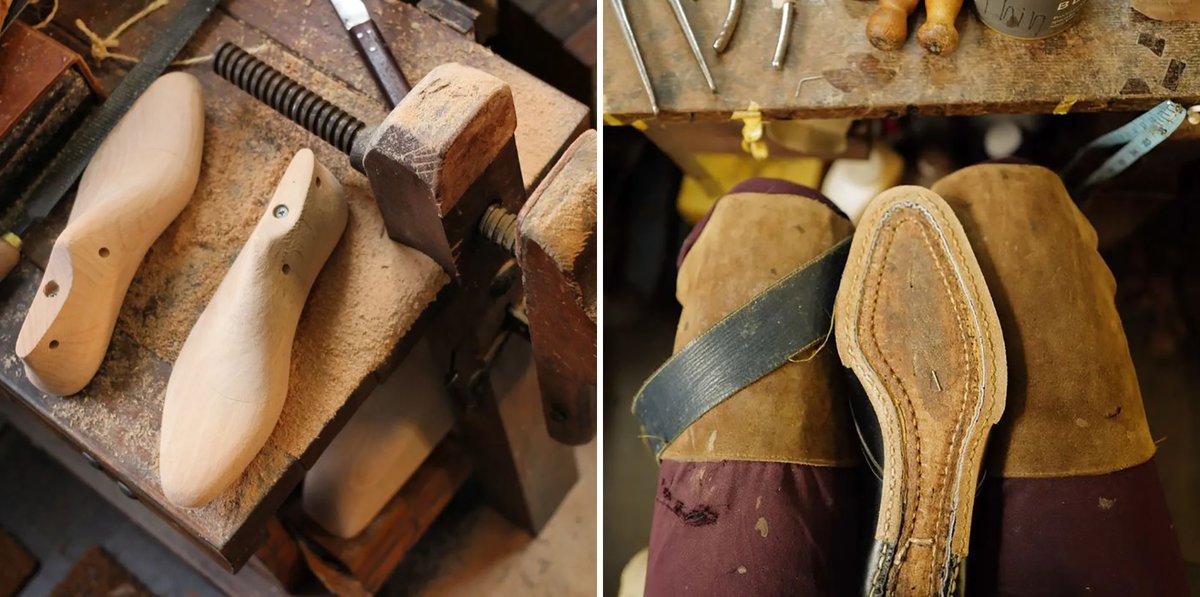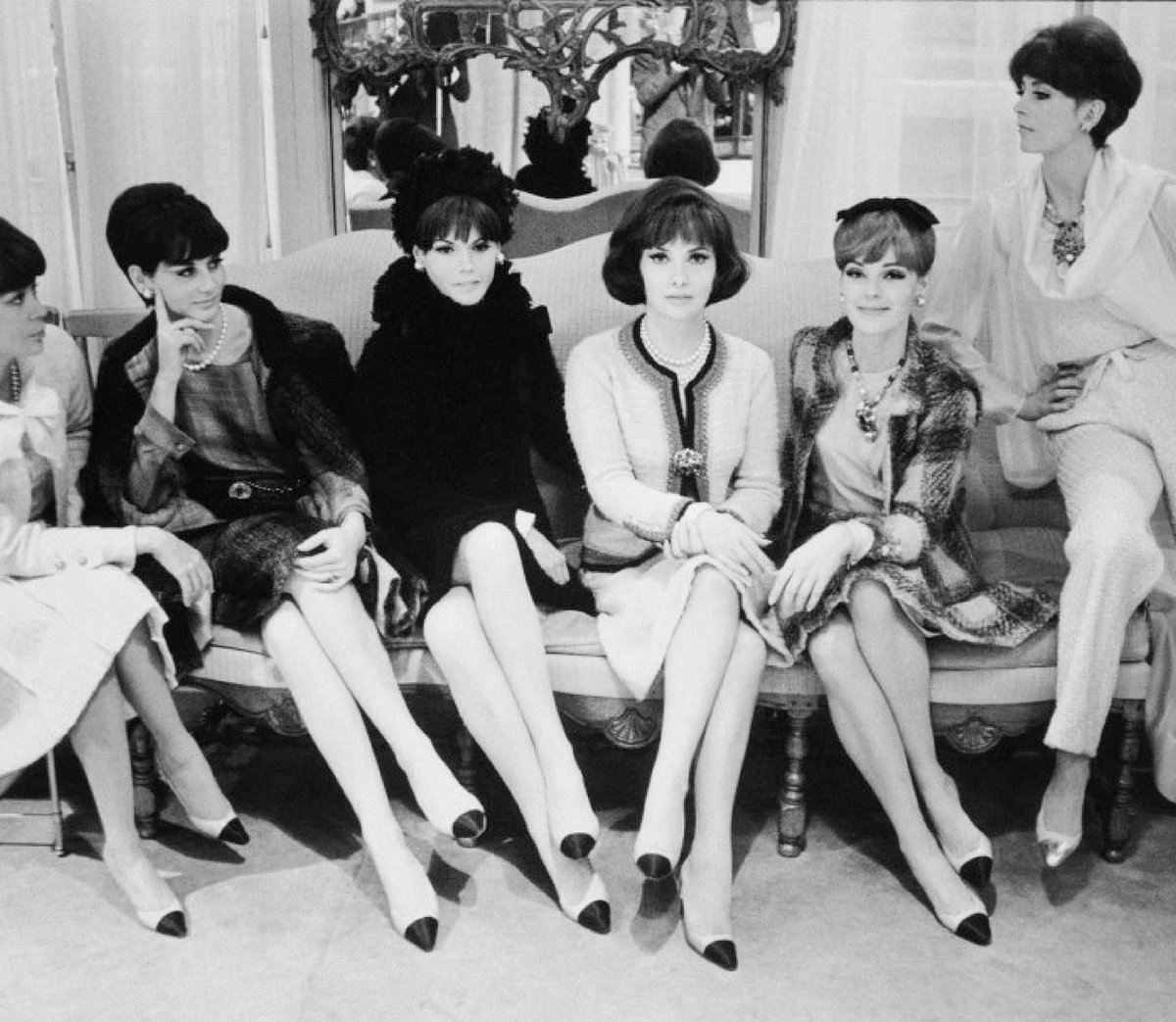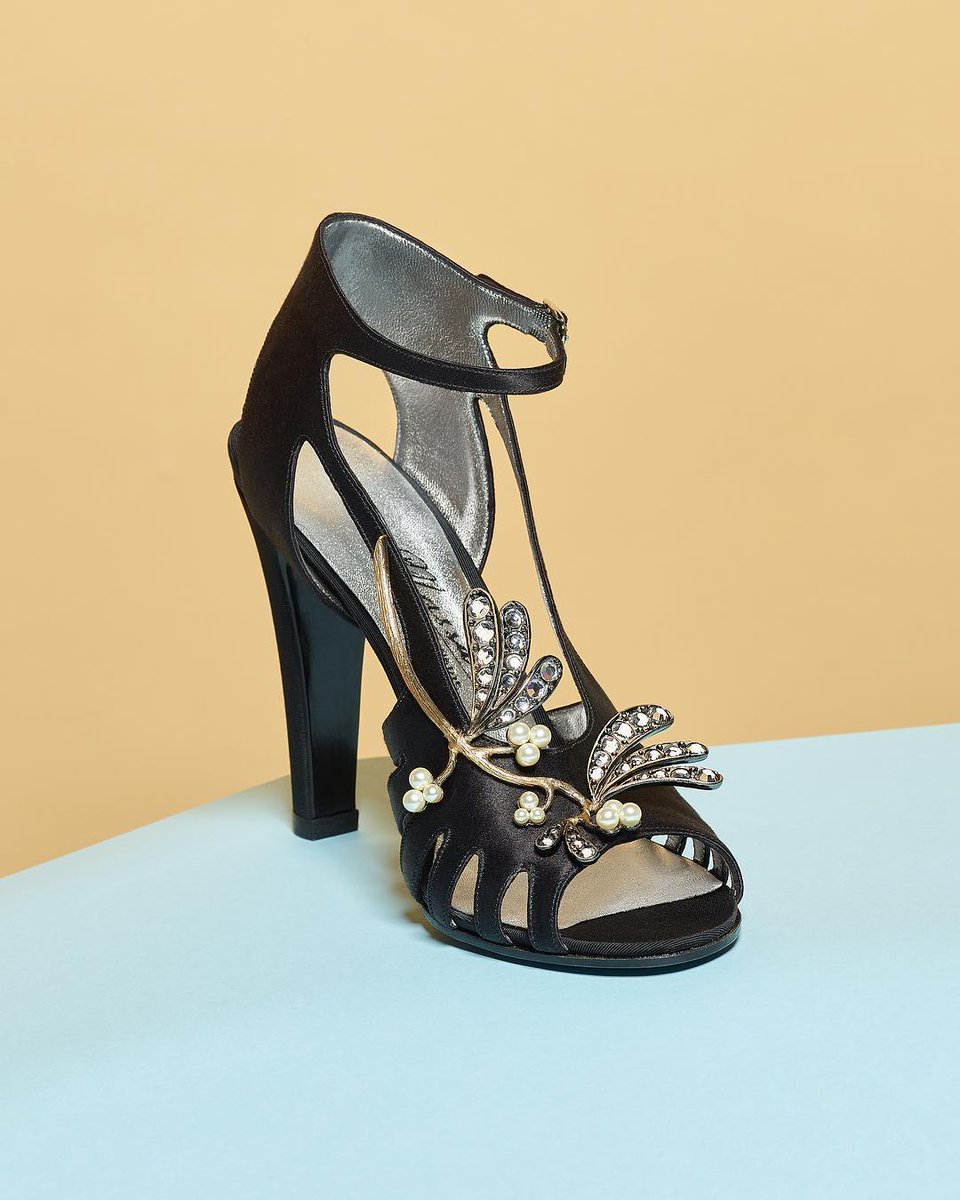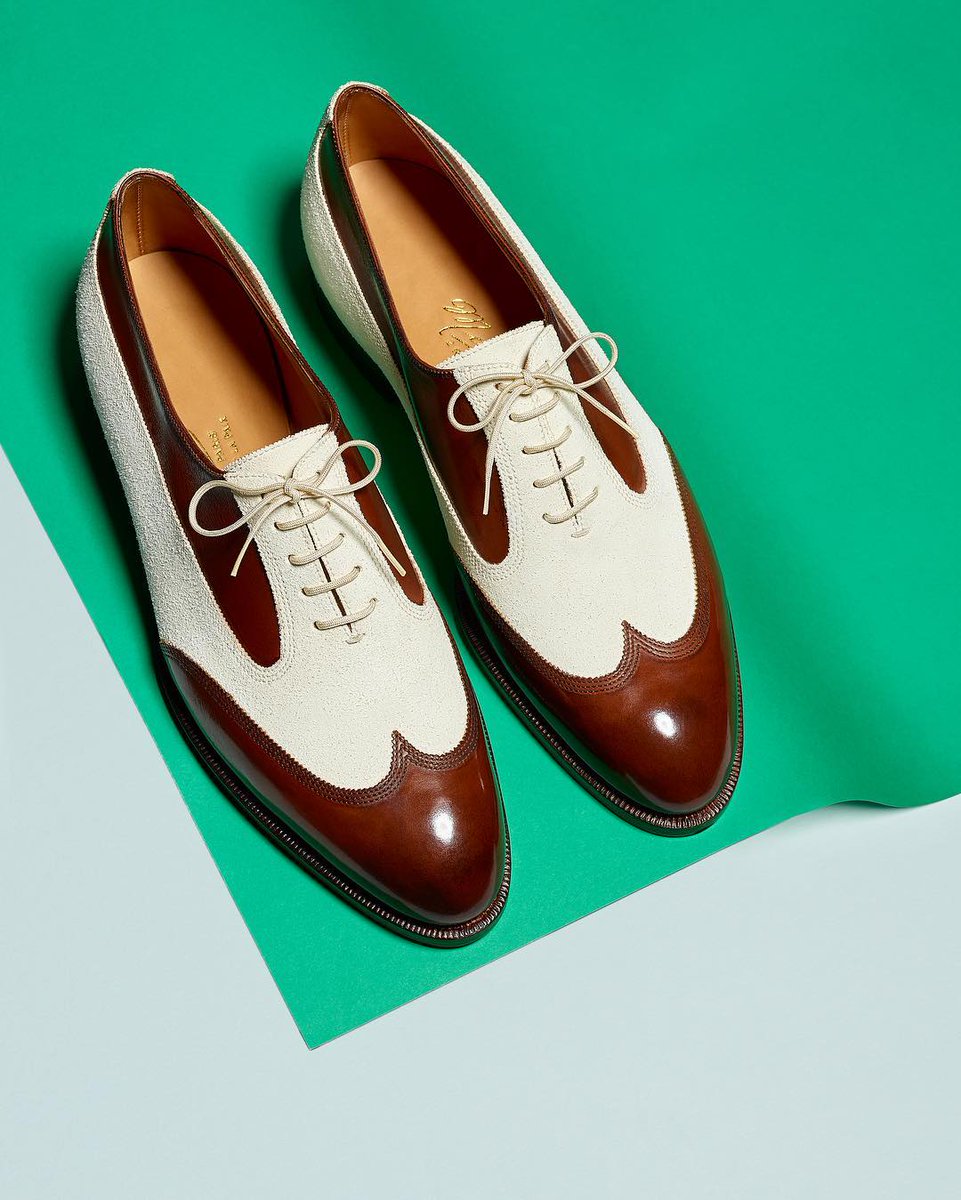Anthony Constantino, CEO of Sticker Mule, says that he would use a US manufacturer for his company's t-shirts. However, he feels the US company doesn't meet his quality standards and they "must maintain quality."
So what constitutes a quality t-shirt? Let's find out. 🧵
So what constitutes a quality t-shirt? Let's find out. 🧵
https://twitter.com/ac132/status/1923043984412209419
For reference, I'm comparing Sticker Mule's t-shirts (made in Nicaragua) to Bayside Apparel (fully made in the US from fiber to finish). Sticker Mule charges $19 for their t-shirts. Organizations that print on Bayside blanks sell their merch for $27. 



I should state at the outset that to properly determine quality, I would need to send these t-shirts to a lab, which I'm unable to do because I don't own a Sticker Mule t-shirt. Additionally, quality can be subjective, as it depends on your preferences.
But I can talk about some basic dimensions.
What does it mean for a t-shirt to be "high quality?" Well, first we need to identify what we don't like about t-shirts. T-shirts often get thrown away because the fabric ages poorly or the seams either stretch out or simply break.

What does it mean for a t-shirt to be "high quality?" Well, first we need to identify what we don't like about t-shirts. T-shirts often get thrown away because the fabric ages poorly or the seams either stretch out or simply break.


The neckline is the most prone to stretching out, as famously referenced in this Seinfeld episode where George Costanza's friend denied him a cashmere sweater because he was worried that George's big head would stretch out the sweater's "neck hole."
To reinforce this area, manufacturers can use a strip of fabric tape. Sometimes this is done with the same jersey material used for the shirt. Other times they use a strip of woven twill. The twill is better because it's less prone to stretching than the jersey.
IG toofbush
IG toofbush
Both Sticker Mule and Bayside use tape to reinforce their collar. But Sticker Mule uses the same material as the t-shirt, while Bayside uses a twill. Jersey is more prone to stretching because it's a knit, rather than a woven. Think of how sweaters are stretchy, but jeans aren't. 



You can see the effect on this old Sticker Mule t-shirt. The neckline has become wavy after some use. 



I should note that tape is not the only dimension that determines quality. 3sixteen's made-in-USA t-shirts don't feature any tape. However, the heavier fabric weight (160GSM) combined with the triple needle coverstitch means the collar will never stretch out. It's a recipe. 







The other question is whether the fabric pills easily. The term pill refers to the fuzzy little balls you see develop on the surface of the fabric. Pilling occurs when the fibers break, fly up, and tangle into each other. Short, weak fibers are more prone to pilling. 

To properly test whether a fabric pills easily, it would have to be sent to a lab, where they conduct a rub test similar to this. The machine makes sure all the rubbing is standardized.
IG shiftfashiongroup
IG shiftfashiongroup
The lab can also test for colorfastness by throwing the garment into the wash a few times. Colorfastness refers to whether the fabric holds its color or if it gets dingy and faded quickly.
IG shiftfashiongroup
IG shiftfashiongroup
When I look on eBay for StickerMule t-shirts, I see a lot of faded fabrics, stretched out collars, and some pilling. You can especially see the pilling in the last photo, as tiny balls appear in areas of high friction (the neck). 







Compare that to these Bayside Apparel t-shirts, which appear to hold their color and have intact collars. No pilling whatsoever. 







Of course, it's true that Bayside Apparel t-shirts are heavier and perhaps less soft to the touch when you take them out of the box. But does that mean they're "lower quality?" I don't think so. A soft, mushy t-shirt might feel great at first, but not age well over time.
Old Scottish cashmere sweaters—the ones you find in your grandpa's closet—don't feel like cashmere at first. They feel more like merino out the box. However, they last forever. The softness comes naturally from wear over time. Price is about $600 for a four-ply knit nowadays. 

Compare that to many modern cashmere knits, particularly at the lower-end of the price spectrum, which are heavily milled (washed) to produce artificial softness. These are more prone to pilling, as The Washington Post showed with this $60 cashmere Quince knit. 



Luckily, the price difference is not so severe with pure cotton t-shirts. Sticker Mule's $19 t-shirts are made in Nicaragua. Bayside Apparel's t-shirts are made from fiber to finish in the United States and printed at a Teamster union-run shop. Printed shirts are $27. 



That's $8 more for US production. But you also get a t-shirt that you'll want to wear for longer, as the fabric will age better and the neckline won't stretch out. In the end, I think it offers more value. If you calculate this in terms of cost-per-wear, Bayside is even cheaper. 



That said Bayside is not the only game in town. @ac132 tells me that he supports US manufacturing. For a consulting fee, I would love to help him move his production to the United States, where he can find the quality he likes while supporting US workers.
https://x.com/ac132/status/1900758619202670682
• • •
Missing some Tweet in this thread? You can try to
force a refresh


